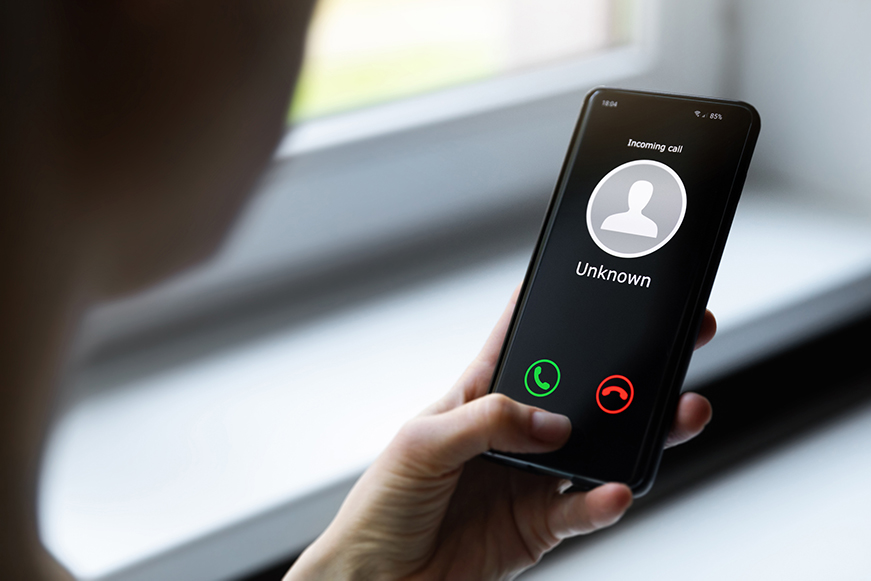Don’t be scammed by a scammer

Don’t be scammed by a scammer
So it’s important you keep your wits about you and report anything you think is suspicious.
Remember: banks, government and official organisations will never ask you to disclose personal information on a phone call, email or text, so never to give out details such as your name, address, bank account or PIN number.
Hampshire Constabulary has made a list of some the most common scams you should be aware of:
Current COVID-19-related email, text and phone scams
- An unexpected email from the government offering you money
- An ‘infection list’ scam from the World Health Organisation (WHO) claiming to provide a map of local infections
- An email from the government asking you to donate to the NHS
- An email from HMRC stating you are eligible for a tax refund
- Sale of fake COVID-19 swab tests and anti-virus kits
- A text message asking you to pay a fine for leaving your home three times during lockdown
- A phone call saying Government guidelines require everyone to wear a mask outside and to press 1 to purchase a mask
Doorstep crime
- Cleaning services that offer to clean your home of bacteria
- Bogus healthcare workers offering virus home testing
- Criminals offering to do your shopping (they will take your money and never return)
Remember criminals can make themselves look or sound official to try and get you to part with your personal details. If you receive a call, text, email or knock on the door from a stranger asking for money or personal information, stop and think. Don’t be rushed into or feel pressured to part with your money or your personal details. Call a friend or neighbour for advice and check out Hampshire Constabulary for more advice on how we can all protect ourselves from scammers.
Contact your bank immediately if you think you’ve fallen for a scam and report it to Action Fraud or call 0300 123 2040. For more advice on cybercrime or to report a suspicious email, visit the National Cyber Security Centre website.
For more advice about how to protect yourself from fraud, and what to do if you think you are a victim, visit Citizens Advice


